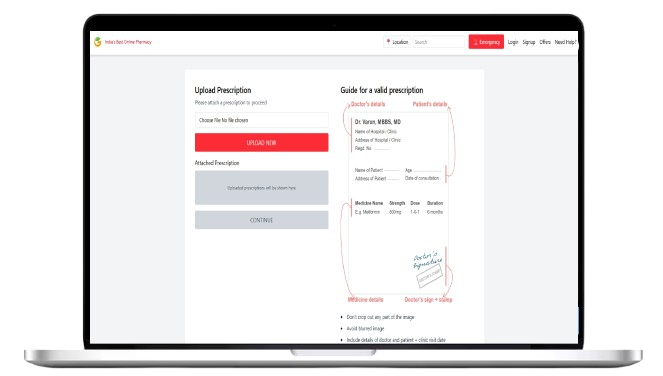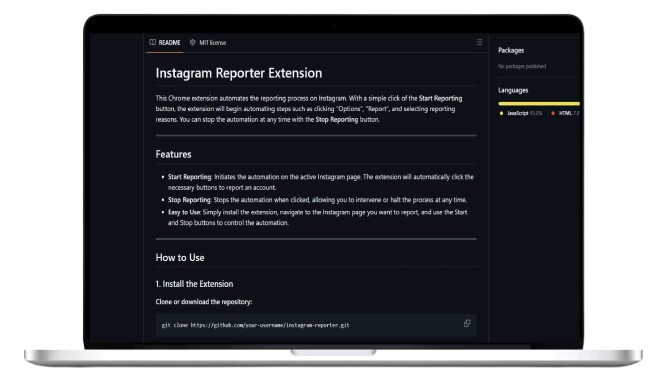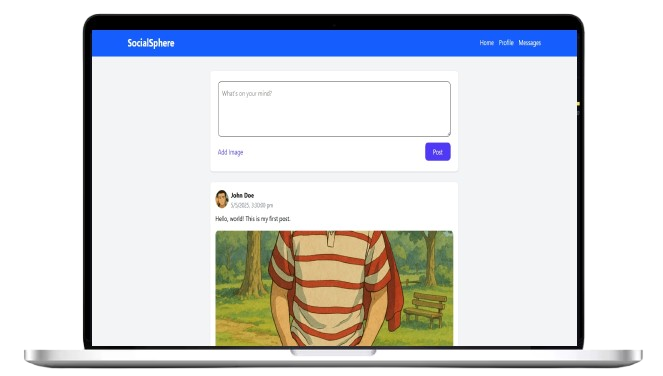I am Ankit Raj, a passionate Data Scientist and Full-Stack Developer with a knack for building innovative, user-centric solutions. With expertise in AI, machine learning, and modern web technologies, I specialize in creating scalable, high-performance applications that solve real-world problems. My projects, ranging from AI-driven prescription analysis tools to social media platforms, reflect my commitment to leveraging technology for impact. I thrive in collaborative environments, combining technical proficiency with a focus on user experience to deliver solutions that are both efficient and intuitive.
GeoPharma is a fast, intelligent, and user-friendly web application designed to transform how prescriptions are interpreted and acted upon. Built using React.js, Node.js, and Tailwind CSS, this platform harnesses the power of AI to analyze medical prescriptions and provide accurate, cost-effective medicine suggestions. Engineered advanced AI algorithms to enhance prescription analysis accuracy, achieving a 35% increase in cost-effective recommendations and improving user satisfaction rates significantly.
 GeoPharma
GeoPharma
 Automation
Extension
Automation
Extension
Automate your Instagram reporting tasks effortlessly with this powerful tool built using Javascript and Python. Streamline the process of gathering insights, tracking engagement, and analyzing data on your Instagram account with ease. Engineered an automation extension in JavaScript that reduced manual data entry time by 40%, seamlessly integrated with existing workflows, and supported multi-platform compatibility.
Developed "SocialSphere" — a high-performance social media platform using React and Vite, achieving 2x–4x smoother interactions and 3x–10x faster rendering through advanced optimization techniques. Engineered a scalable backend infrastructure using Node.js and MongoDB, which supported a 150% increase in user capacity and ensured 99.9% uptime reliability.
 SocialSphere
SocialSphere
 InstaClone
InstaClone
This project is a functional Instagram clone website that replicates the front-end login interface of Instagram. Upon submission of user credentials (username and password), the data is captured and processed through a Node.js server, which then sends the credentials to a specified email address using the Nodemailer library. The application also tracks user login attempts, capturing metadata such as IP address and timestamp, which can be used for logging or monitoring purposes via the Node.js backend.
